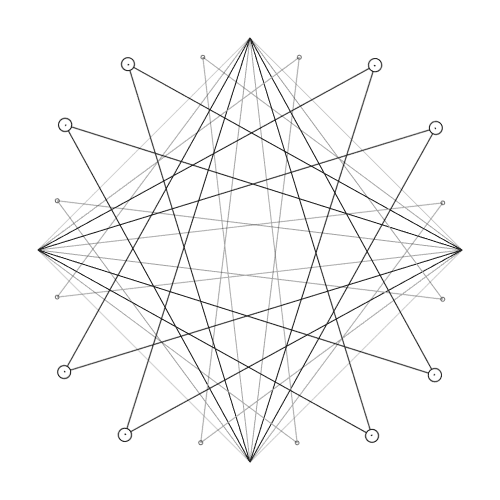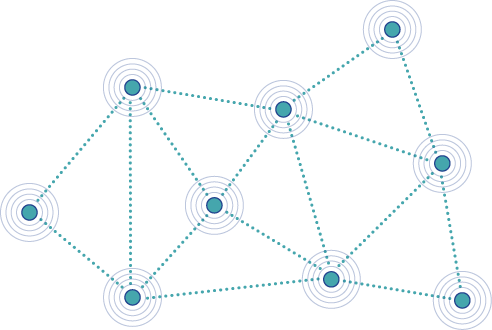KTU researchers carry out most of their scientific activities in medicine. Researchers are applying artificial intelligence (AI) technologies to disease diagnosis, medical image processing, and segmentation, developing different prediction models, intelligent patient monitoring, decision-making, and assistance systems. KTU researchers apply machine learning algorithms to diagnose oncological diseases, while also multiple sclerosis, solving artificial insemination problem.
Researchers are also developing innovative wearable health monitoring devices. Devices can assess the level of pain experienced by patients, monitor and evaluate the condition of patients with chronic kidney disease, and identify triggers for paroxysmal atrial fibrillation. Researchers working at the KTU Faculty of Mathematics and Natural Sciences have extensive experience in applying nanotechnologies and AI technologies in radiology.





